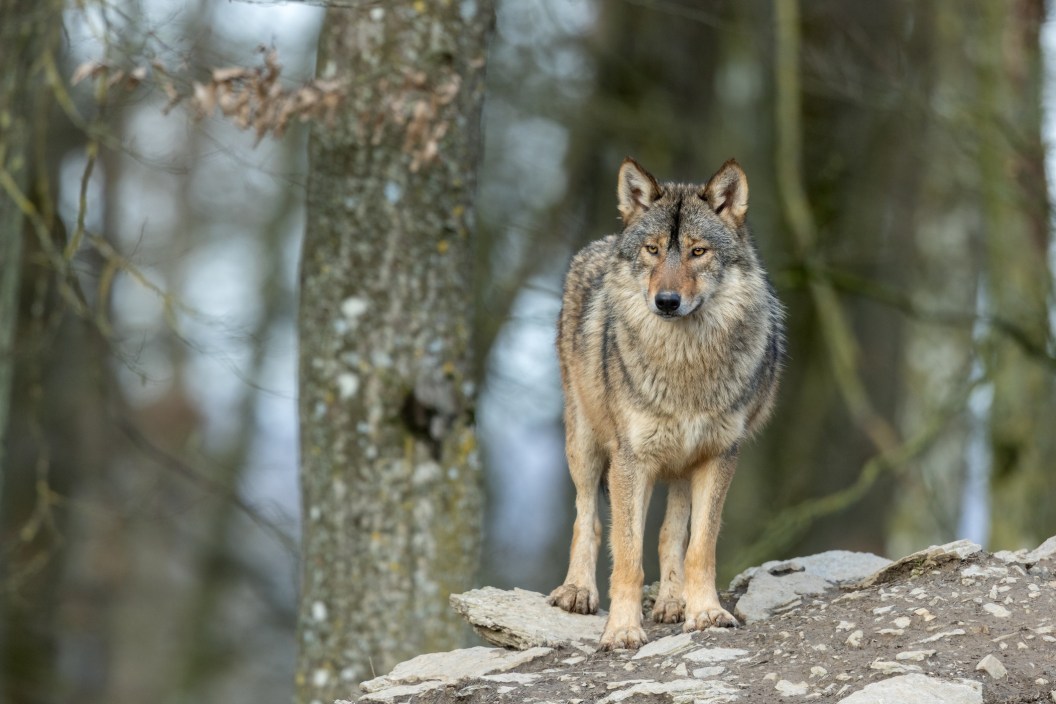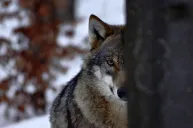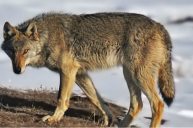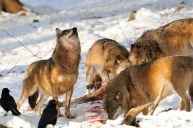A retired Wisconsin Department of Natural Resources game warden who has been an outspoken advocate for the hunting of wolves is under federal investigation after killing a collared wolf in December.
Wolves are currently listed on the endangered species list in the lower 48 states, excluding the Northern Rocky Mountains region. They also are federally protected, meaning it is a federal crime to harass, harm, wound, or kill any wolf. These federal protections are so stringent that wolves cannot be killed even to protect family pets or livestock. The only legal instance in which it is permissible to kill a wolf is to protect human life.
Last fall, Wisconsin officials approved a new wolf management plan which was met with significant uproar, especially from ranchers, farmers, and hunters due to its lack of firm and specific population goals. The Wisconsin DNR responded that such a limit does not reflect the current complexities of wolf management in the state.
For the past thirty years, wolf populations have been a contentious topic in Wisconsin. Current populations hover just above 1,000 estimated wolves statewide, which is in line with the current plan recommendations. If populations drop below 800, the state plan recommends action to increase the population. If it gets above 1,200, the population should be reduced, the plan suggests. But because the wolves remain on the endangered species list, hunting them is still illegal, despite a state law that mandates an annual wolf hunt. For tribal nations in Wisconsin, the wolf holds significant cultural value, and is protected on tribal lands. Although the state sets a harvest goal for tribal nations wolf hunts, the group collectively has chosen not to hunt the canines.
Patrick Quaintance notified police about 2 a.m. Dec. 25 that he had shot a wolf that was at his back door, according to police reports. Deputies responded to the scene and confiscated the wolf carcass. Quaintance told officers that the wolf had been hanging around his residence for weeks. Data from the WDNR's Interactive Wolf Depredation Threats Map shows that wolves had been confirmed in the area just a few days before the shooting took place. The wolves were reported near a residence and outdoor kennel in Bayfield County, where Quaintance lives, and posed a threat to dogs kenneled there. Wildlife Services verified that this had occurred on multiple occasions. The address was not listed in the data, but Quaintance said he had reported several instances of wolves to the U.S. Department of Agriculture's Wildlife Service Division.
The collared wolf that Quaintance killed was a 13-year-old female that had been monitored for the past several years by the Red Cliff band of Lake Superior Chippewa Indians, who maintain and operate a wolf collaring program.
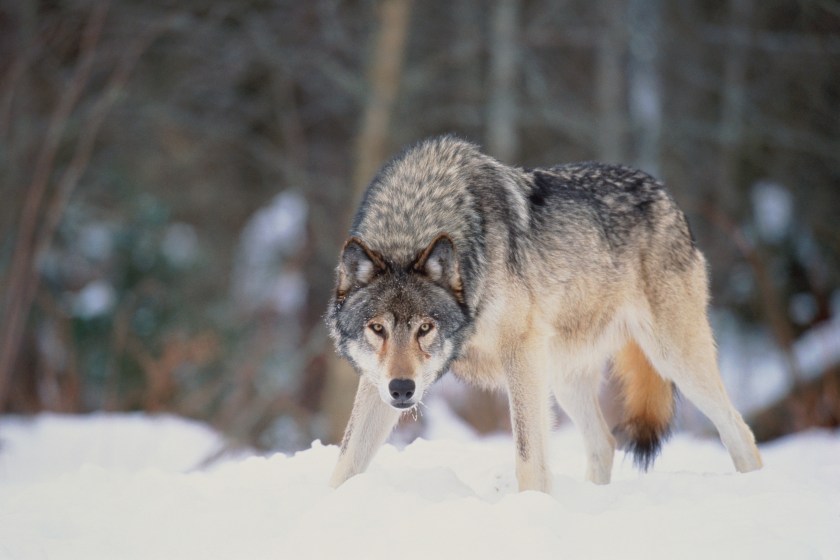
Getty, Art Wolfe
Quaintance has been a vocal opponent of the state's wolf restrictions and management in the past. In 2021, he endorsed a controversial wolf hunt in which hunters harvested 218 wolves, which was more than the state had allocated overall for the entire season. Though Wisconsin's wolf population is stable and healthy, nationally, wolves have been re-listed on the federal endangered species list. Only two states in the lower 48 have higher wolf populations than Wisconsin's: Minnesota and Idaho. However, the human-to-wolf population density is highest in Wisconsin. Because of this, there are frequently reported instances of human-wolf conflicts.
Despite being federally protected, Idaho, Wyoming and Montana all have hunting seasons for wolves. In Idaho, wolves are classified as a big game animal with a designated hunting season. Tags are available over the counter. Last year, Idaho unveiled a five-year initiative to reduce the wolf population to reach a maximum statewide population goal of 500 wolves. As for now, wolf hunting in Wisconsin is indefinitely halted.
Quaintance has skin in the game. He is a houndsman who hunts with dogs and serves as the president of the Wisconsin Association of Sporting Dogs. He is also a member of the Wisconsin Conservation Congress, vice chairman of Bayfield County's deer advisory council, and past president of the Wisconsin Wildlife Federation. He was also a part of the state committee that worked to update the state's plan for wolf management.
He has frequently shared posts on Facebook that support the active management of wolves in Wisconsin, including articles documenting wolves attacking people or pets and calls for the delisting of gray wolves.
Despite his career as a game warden, since retirement Quaintance has found himself on the wrong side of the law. In 2016 he was cited for trapping too close to bait.
READ MORE: What to Do If You Encounter a Wolf in the Wild
